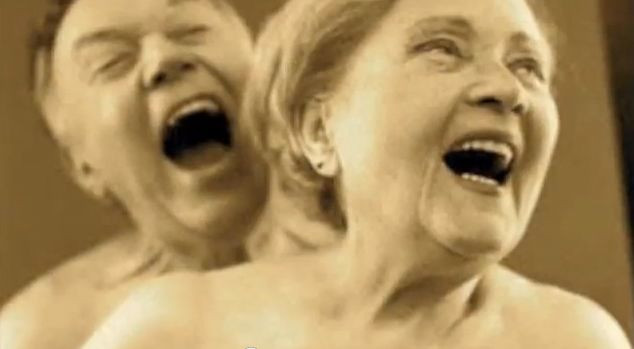Coitus And Cardiac Events: New AHA Guidelines On Resuming One's Sex Life After A Partner's Heart Attack

Surviving a heart attack doesn't have to be the end of your sex life, according to the American Heart Association and European Society of Cardiology. A joint statement from the two medical organizations, based on evidence-based research on sex counseling, highlights the best ways that doctors can help their patients with heart problems get back in the sack.
"Patients are anxious and often afraid sex will trigger another cardiac event — but the topic sometimes gets passed over because of embarrassment or discomfort," said lead author Dr. Elaine Steinke, a professor of nursing at Wichita State University in Kansas.
Dampened sexual drive is a common side effect of cardiac or stroke rehabilitation, for both men and women. One study with nearly 500 patients discovered erectile dysfunction in 20 percent of men and similar rates of sexual dysfunction in women. Much of this sexual malaise coincided with the presence of depression.
Steinke and her colleagues assert that more doctors should initiate the conversation to alleviate the burden of embarrassment often felt by patients. This conversation should happen after a physician has performed the right stress tests to ascertain the fitness of patient's heart. Some physicians may also benefit from taking classes on sexual counseling, which can offer tips on how to best broach the subject with patients.
"Starting a conversation about sex can be easily included in patient discussions, particularly when discussing sex as part of recommendations for exercise. All healthcare providers should be ready and willing to address these areas," said Steinke. "That includes cardiologists, primary care practitioners, nurses, nurse practitioners, and physical therapists."
The statement advises that people with heart problems should make love in familiar settings, so as to avoid the extra stimulation from a novel environment. Using only one sexual position or the one of most comfort is also encouraged.
Heart medications may squelch a person's sexual drive, but according to the experts, patients should speak with doctors before discontinuing or interrupting their use.
The full guidelines were published today in two journals: Circulation and the European Heart Journal.
Source: Steinke EE, Jaarsma T, Barnason SA et al. Sexual Counseling for Individuals With Cardiovascular Disease and Their Partners A Consensus Document From the American Heart Association and the ESC Council on Cardiovascular Nursing and Allied Professions (CCNAP). Circulation. 2013.



























